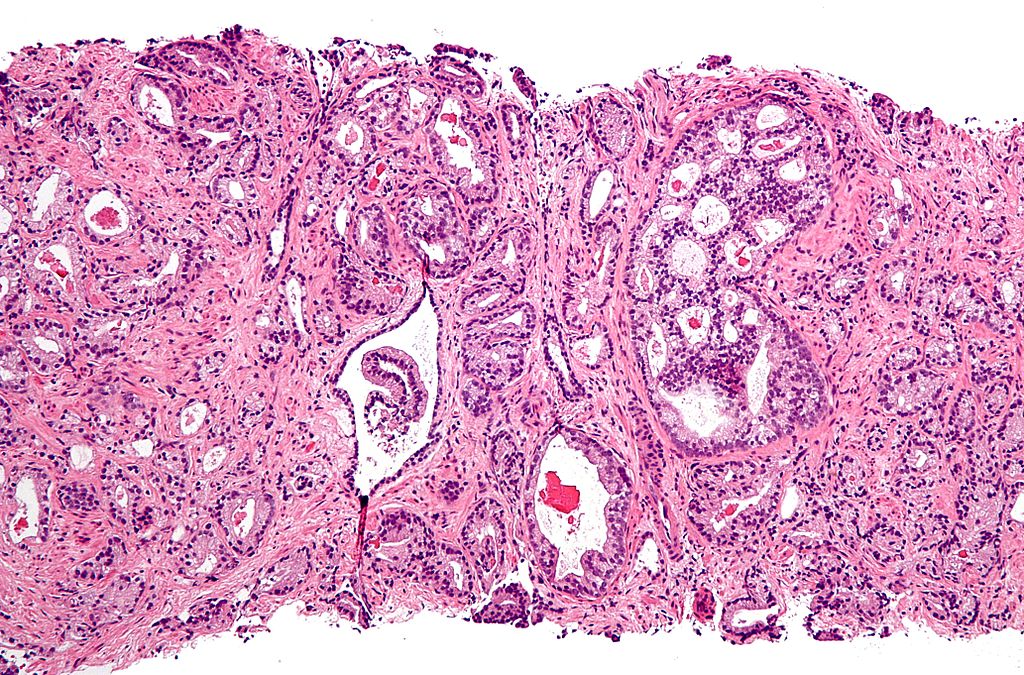Epigenetic Biomarkers Increase Sensitivity of Prostate Cancer Liquid Biopsy Diagnostic Tests
By LabMedica International staff writers
Posted on 31 Jan 2022
A team of Austrian researchers identified additional epigenetic biomarkers that will upgrade the diagnosis of advanced prostate cancer by increasing the sensitivity of liquid biopsy analysis of circulating tumor DNA.Posted on 31 Jan 2022
Liquid biopsy analysis of circulating cell-free DNA (cfDNA) from peripheral blood has emerged as a valuable diagnostic tool in oncology, since sample collection is quick and minimally invasive. In cancer patients, cfDNA consists in part of cancer-derived circulating tumor DNA (ctDNA), and it has been shown that tumor-related genetic and epigenetic alterations can be detected by analyzing cfDNA in cancer patients. Epigenetic tumor-specific changes including DNA methylation are measurable in ctDNA, and their potential as diagnostic, prognostic, and predictive epigenetic biomarkers has been demonstrated in a large number of studies.

Image: Micrograph of prostate adenocarcinoma, acinar type, the most common type of prostate cancer (Photo courtesy of Wikimedia Commons)
For the current study, investigators at the Medical University of Vienna (Austria) evaluated the suitability of DNA methylation-based biomarkers for non-invasive prostate cancer (PCa) diagnostics.
Based on experiments and in silico analyses they identified two DNA methylation signatures of three genes each, which could be used as minimal-invasive markers in liquid biopsies for the detection of methylated ctDNA. These signatures allowed for the classification of mCRPC (metastatic castration resistant PCa) with high specificity and sensitivity and were able to distinguish responders from non-responders following different treatment procedures.
In addition, DNA methylation of three genes, aldose reductase (AKR1B1), Krueppel-like factor 8 (KLF8), and lipid droplet associated hydrolase (LDAH) was used to monitor the therapeutic response of patients to chemotherapy and anti-androgen therapy. Increased DNA methylation of marker genes was also associated with a poorer prognosis and shorter patient survival.
The investigators said that as a next step, it will be important to test the performance of their methylation markers in prospective clinical trials including mCRPC patients undergoing different treatment regimes.
The study was published in the January 4, 2022, online edition of the journal Molecular Cancer.
Related Links:
Medical University of Vienna













